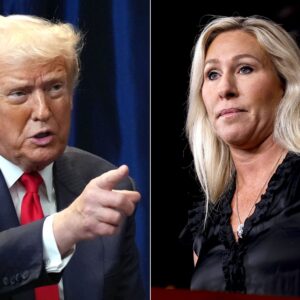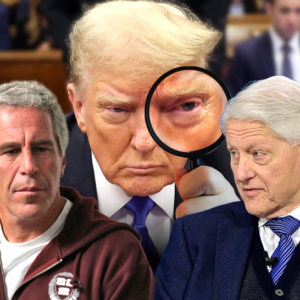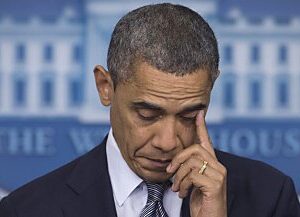Socialist insurgent Katie Wilson headed into Election Day as the undisputed favorite of Seattle’s progressive left. After dominating the primary by double digits and riding high on a poll projecting her path to City Hall, the activist base believed her victory was all but guaranteed.
Her momentum seemed even stronger after fellow left-wing organizer Zohran Mamdani cruised into Gracie Mansion, leading many to assume the socialist wave was poised to remake Seattle politics as well. The city’s activist circles were already celebrating a win they thought was inevitable.
But on Tuesday night, reality delivered a harsh check to Seattle’s activist class. Early returns showed incumbent Mayor Bruce Harrell ahead with roughly 53% of the vote — a sobering blow to Wilson supporters who had spent weeks treating the race as a ceremonial coronation.
Harrell, calm but measured, told his supporters that the early numbers reflected the strength of his message and the depth of his experience. “We ran a stronger platform,” he said. “We think we’re more experienced and qualified for this job, and we’ll see how the vote count plays out. I’d rather be where we are than where she is right now.”
Still, in a city as deep-blue — and late-voting — as Seattle, nothing is settled on election night. Only about 23% of voters were counted in the first drop, and the ballots that arrive later often come from younger, more progressive residents. Wilson and her allies are betting heavily on that shift.
“These are promising numbers,” Wilson told a crowd of cheering supporters, insisting the campaign would “pull out all the stops” until certification day to ensure every ballot is counted. Her movement is clearly not ready to concede anything.
If Harrell ultimately prevails, he will accomplish something no Seattle mayor has done in two decades: win a second term. The city’s political landscape is notoriously brutal for incumbents, with far-left challengers and activist pressure campaigns regularly chipping away at sitting leaders.
Wilson — who leads a small nonprofit, the Transit Riders Union, and previously cycled through a series of odd jobs — entered the race as a long shot. Harrell, a former City Council president with entrenched relationships across Seattle’s political establishment, appeared to be comfortably cruising toward reelection.
But Seattle’s political insiders were shaken out of their complacency when the August primary turned unexpectedly competitive, sparking one of the most ideologically charged mayoral battles in the country. What began as a sleepy contest rapidly escalated into a fierce left-versus-center showdown.
“This campaign, which was supposed to be such a yawner, has ended up being one of the closest races in the country,” noted political consultant Cathy Allen, capturing the shock many felt at how dramatically the race tightened.
Now Seattle waits as thousands of mail-in ballots trickle in — leaving the city suspended between two futures. The question over the next several days is simple yet consequential: will voters choose continuity under Harrell, or push the city even further to the left under Wilson?




